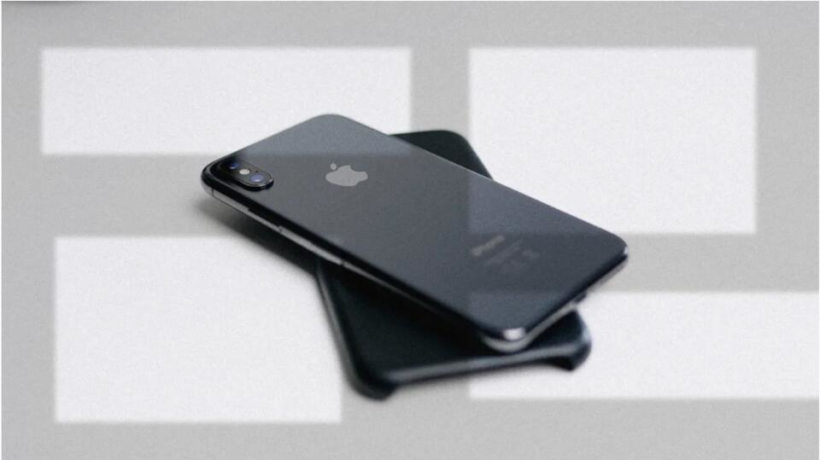Depending on how your iPhone is set up, you may not see any tracking requests from iOS 14.5 at all. Instead, your phone may be silently blocking all requests in the background.
If you recently upgraded your iPhone to iOS 14.5, you might be expecting a deluge of requests to track you from apps such as Facebook and Twitter.
In iOS 14.5, all apps must ask for permission before they can monitor you. Unless you approve, they can’t show targeted ads based on what you do in other companies’ apps, send your location or email address to data brokers, or otherwise share data in a way that follows you across apps and services. This feature, called App Tracking Transparency, is a big deal, one that Facebook’s been complaining about for months due to the potential impact on its targeted-ad business.
But depending on how your iPhone is set up, you may not see any tracking requests at all; instead, your phone may be silently blocking all requests in the background. While that’s not necessarily a bad thing, it might be confusing given all the hype and controversy around iOS’s new privacy pop-ups.
WHY IOS 14.5 PRIVACY PROMPTS MAY NOT BE SHOWING UP
Earlier versions of iOS included a setting called “Limit Ad Tracking,” which was disabled by default. If you turned it on, it prevented apps from using Apple’s unique device identifier (known as an IDFA, or Identifier for Advertisers) to build a profile of your behavior for targeted ads.
In iOS 14.5, Apple has replaced Limit Ad Tracking with a new setting called “Allow Apps to Request to Track.” With this setting disabled, apps can’t use your IDFA to track you, and they’re not allowed to show any privacy pop-ups.
By default, Allow Apps to Request to Track is enabled in iOS 14.5, meaning that you’ll see those pop-ups, but Apple shuts them down automatically if you chose to limit ad tracking in older versions of iOS. You can check the status of this option under Settings > Privacy > Tracking.
Whether you allow apps to nag you or not, Apple’s new privacy protections are stronger than they were in older versions of iOS. Turning off tracking in iOS 14.5 not only disables Apple’s own unique identifier; it also prohibits apps from using third-party tools to track you in similar ways. If Apple discovers an app that’s tracking users without permission, the company says it will require the app to fix the problem or face removal from the App Store.
That may explain why some apps are biding their time before asking to track you. Just as some apps explain in advance why they want to access your camera or show notifications, they can also plead their case for tracking before showing Apple’s standard “Ask App Not to Track” pop-up. Facebook, for instance, has started telling users that tracking helps keep its apps “free of charge” despite past insistence that its services will always be free. If an app hasn’t sprung the question yet, it may still be crafting its message or waiting for the right moment to ask.
Keep in mind the new settings in iOS 14.5 don’t prevent all forms of tracking or personalised ads. Companies such as Facebook and Google can still gather data on their own users and use that data across all their respective apps. Apple itself also shows personalised ads in apps such as Apple News based on your past activity. (You can disable that type of personalisation under Settings > Privacy > Apple Advertising.) Ultimately, App Tracking Transparency is just one of many ways to protect your security and privacy on an iPhone.
But by turning off Allow Apps to Request to Track, you can prevent apps from guilt-tripping you into acting against your own best interests. Or, conversely, you can leave the setting on to see just how many apps want to invade your privacy in the first place.
____________________________________________________________________________________
Article published in partnership with fastcompany.com.







